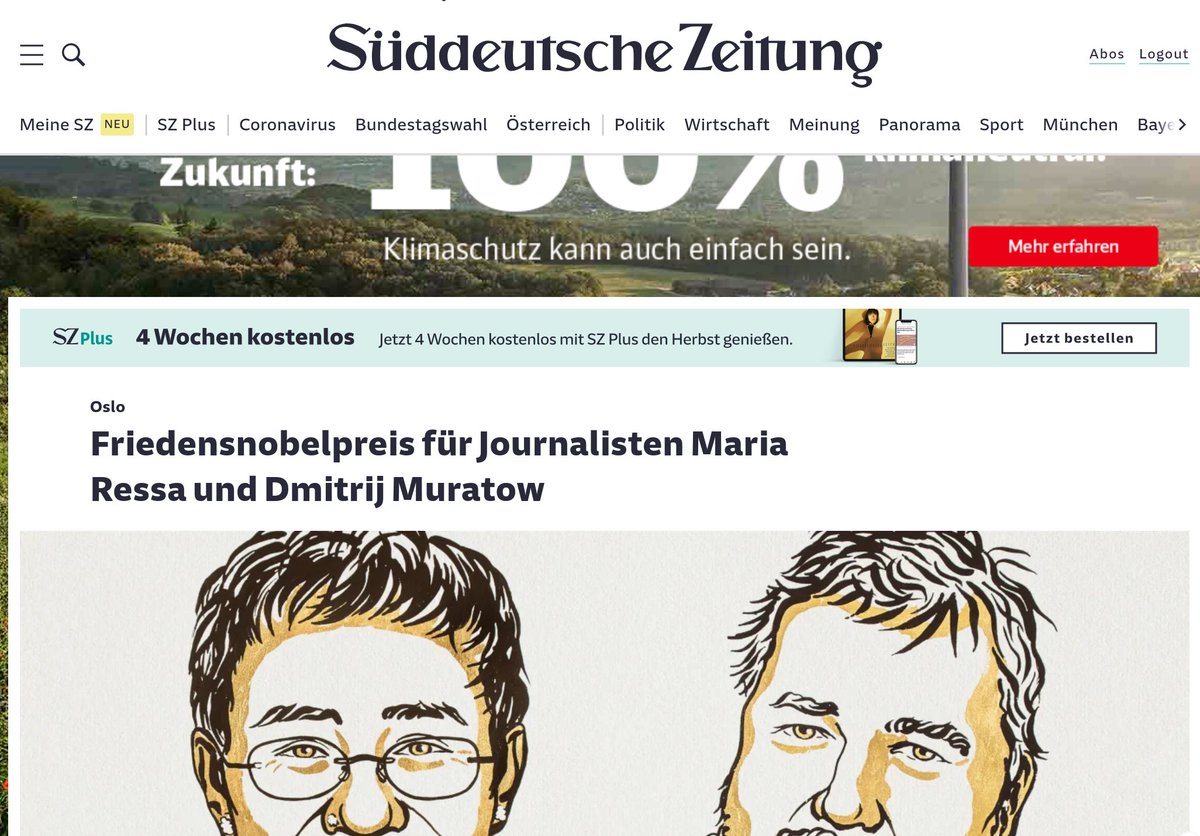
#internetlessons2021 starts with a negative tone as a moderator says "Public sentiment has turned against the internet." Really? Media sentiment has certainly turned and @DrTechlash marks when that happened in her book.
In the first 15 minutes, #internetlessons2021 is all about harms. After what the net brought us in the pandemic, can we not also focus on the good we want to foster and amplify?
"Americans have never hated technology more," says the moderator, Sarah Jeong, from the NYTimes. That is media--The Times--projecting its own moral panic and then reporting it as public opinion without evidence. #internetlessons2021
Thank goodness for MIT's TL Taylor for reminding the #internetlessons2021 panel that good things occur when people are freed from mass media's control and it would be good to talk about amplifying that good.
To assume the billions who use the internet do not do so for their good reasons, that they are led astray by technology is evidence of paternalistic third-person effect from an institution--media--that resents the challenge not by tech but by the public. #internetlessons2021
G'bless @mmasnick for telling #internetlessons2021 that so many of the problems critics want to solve are problems not of technology but of society and people of long standing.
And thank goodness for the perspective and research brought to #internetlessons by @daphnehk and @evelyndouek, raising the discussion to look at the impact of the architecture of the net.
.@daphnehk wisely says the real question is whether we want choke points and whether we worry about regime change over them. #internetlessons2021
.@mmasnick says the UK Harms/Safety bill "looks a lot like the original Great Firewall of China," in which harm is undefined and so much is chilld. #internetlessons2021
Well-done, @evelyndouek, @daphnehk, @mmasnick: an informed, intelligent, nuanced, productive, useful conversation.
• • •
Missing some Tweet in this thread? You can try to
force a refresh






